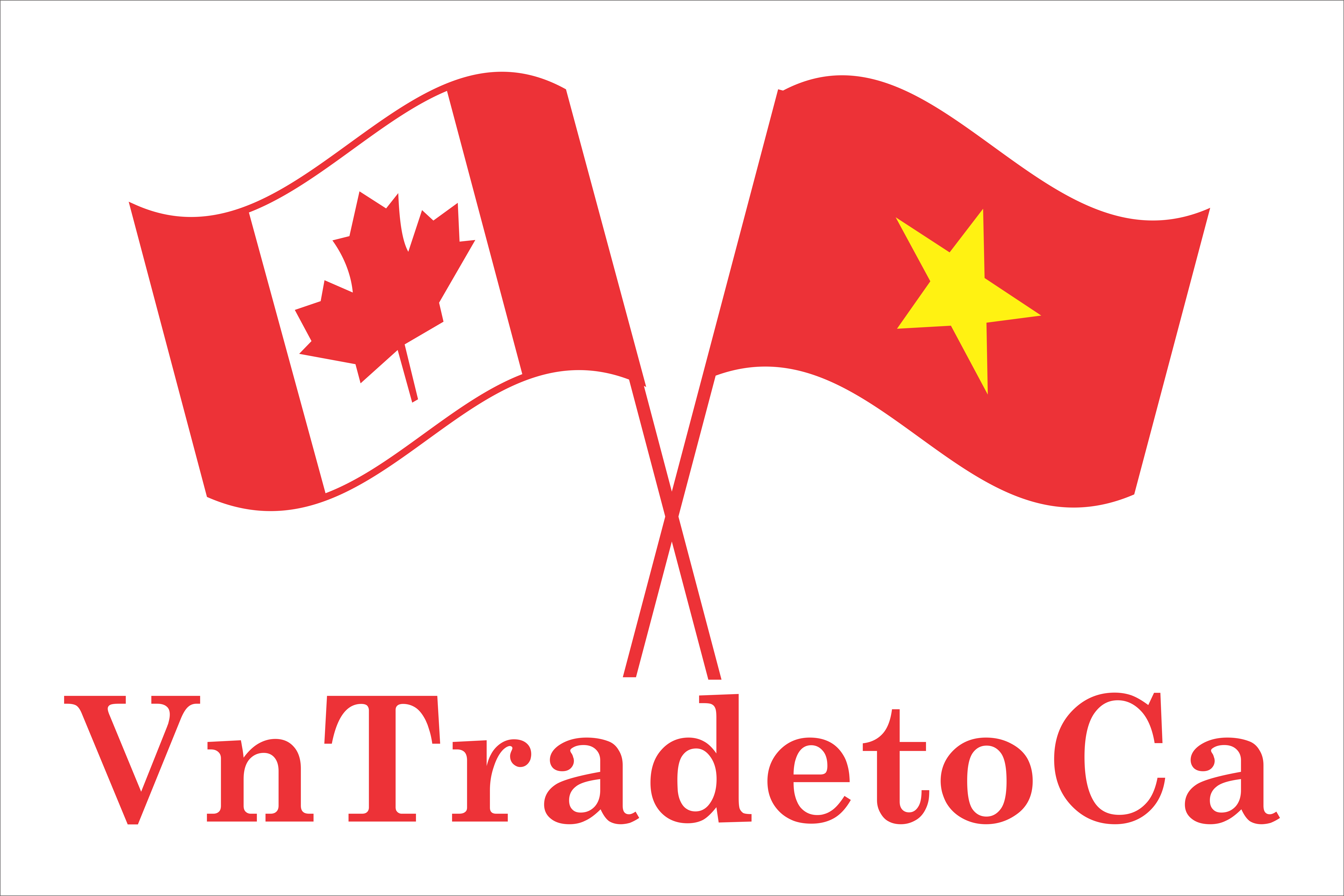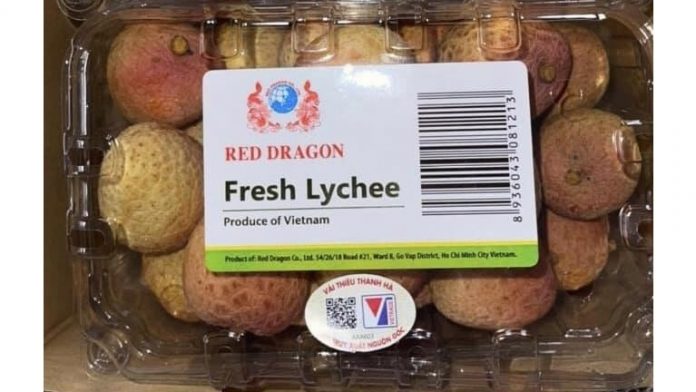Vietnamese lychees for export.
Officially entering the Singaporean market in 2020, Vietnamese lychees have made a good mark there thanks to the superiority in quality and price. The price for Vietnamese “Thieu” lychee in Singapore this year is higher than that of last year.
Local importers said that this year’s Vietnamese lychee will be sold in all 230 FairPrice supermarkets, greatly expanding the scale compared to 2020 when it was only sold at hypermarkets or large commercial centres run by FairPrice. From now until the end of the lychee season, Singapore will consume at least one 40 ft container each week. It is expected that the lychee export volume could reach up to 100 tonnes by the end of July 2021.
Singapore is a small market with a population of less than six million people. However, it is a traditional market for consuming Vietnamese lychee with high and stable demand. In Chinese culture, the predominant ethnic group in Singapore, litchi are considered a fruit that brings good luck, with obligatory presence on important occasions and at large parties. Grasping this factor, in order to promote Vietnamese lychees in Singapore, the Vietnam Trade Office in Singapore has printed standees and posters linking the new season of the Vietnamese fresh fruit with Chinese Dragon Boat Festival. The website of the Trade Office (in English) also published an article introducing the history of the fruit and its pharmacological and beautifying effects. In networking events with Singapore importers, the Trade Office has actively invited a Singaporean expert – the author of a lychee practice manual for Vietnamese farmers, who has more than 10 years of experience with Vietnamese lychees – to objectively introduce and convince importers of the outstanding difference in quality between Vietnamese lychees and those grown in other geographical regions.
Every year, Singapore imports more than 2,000 tonnes of lychee from China, Vietnam, Thailand and Southern hemisphere countries, such as Australia, South Africa, Madagascar and Mauritius. As a country without agriculture, not growing litchi, Singapore still exports nearly 400 tonnes of litchi annually, both fresh and canned, or about 20% of the import volume. Fresh lychees are re-exported by Singapore mainly to Malaysia, Indonesia, Brunei and the Philippines, while canned lychees being exported to dozens of markets, including ASEAN countries, South Asia (Sri Lanka, Bangladesh, Pakistan), Maldives, Barbados, Fiji, Papua New Guinea, Kenya, Seychelles, and Gulf countries. Excluding the Chinese market, Singapore can be considered as a “competitor” with Vietnam in terms of its lychee export volume to the world.
Tran Thu Quynh, Head of the Vietnam Trade Office in Singapore, said: “This is both a challenge and an opportunity for Vietnam’s lychee products in general and the Office’s trade promotion in particular. It is a challenge because obviously we have left open some markets, have not done well in deep processing and have also not been good at promoting brand recognition for Vietnamese lychees. However, this should be seen as an opportunity in the context that Vietnam and Singapore are both members of many large free trade agreements, such as CPTPP, RCEP and the EU. “Buon co ban, ban co phuong” (Gathering for mutual support and cooperation in business operation) is also a motto that Chinese entrepreneurs thoroughly understand and promote in their business culture.”
In the context of international integration, taking advantage of friends’ sales network is part of such “gathering” so that Vietnamese lychees can reach new markets. The stamping of Thanh Ha traceability and geographical indications on export packages this year is a great effort of the Ministry of Industry and Trade and Hai Duong Province to strengthen the brand recognition of Vietnamese lychees and protect the geographical indications in foreign markets. Quynh also said that the export value may not be large, but the efforts of the management agencies and the determination of businesses to open foreign markets for Vietnamese lychees aims to prove Vietnam’s potential in the supply, post-harvest storage and logistics of this fruit. It is the key to opening the door for all of Vietnam’s exports to the world.
Source: Nhandan







